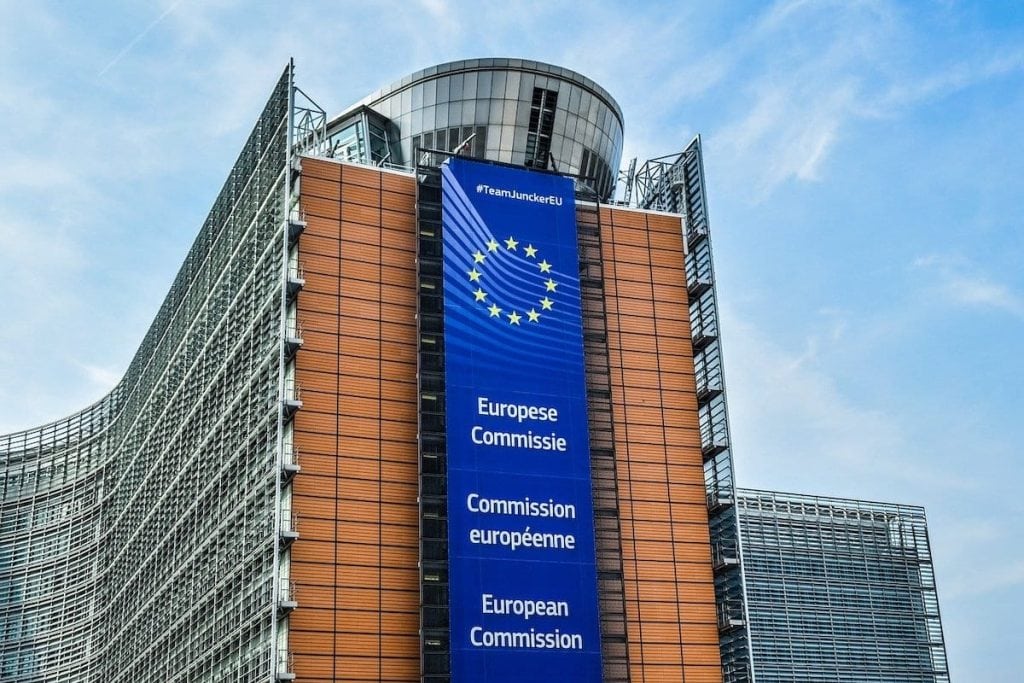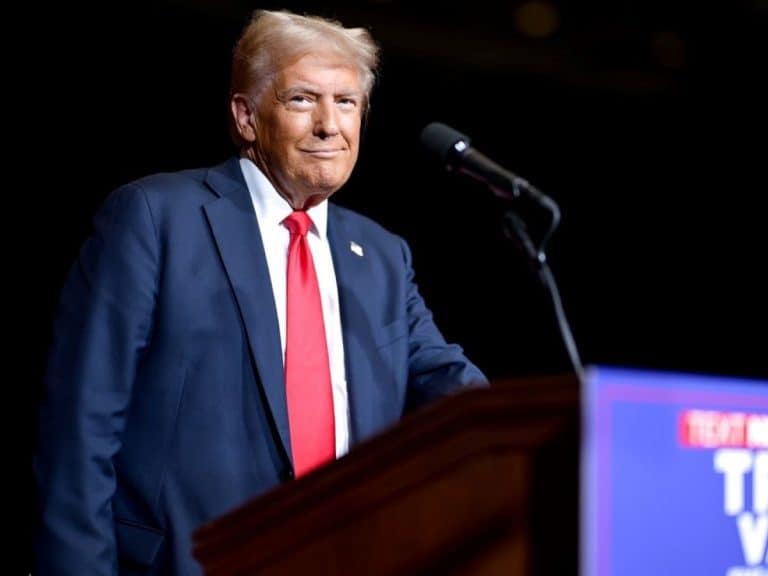We will probably have to get used to this new Trump. The previous one would announce tariffs and then impose them. The more modern one announces them and then freezes them. Undoubtedly, it is all tactical, with precise strategies behind it—though for now, they are difficult to read. In any case, Canada and Mexico — first in line as enemies of the new American president—can breathe a sigh of relief, as they will not have to pay any tax to the United States. Hated China, on the other hand, will face a 10% increase from 4 February. However, Beijing has already responded by imposing new tariffs on US-made coal, oil, and gas (effective from 10 February), lodging a complaint with the WTO over what it calls hostile measures, while also hoping to open a dialogue.
Hopes for the EU
If these are the premises—that is, a Trump who appears temperamental but is, in reality, a shrewd strategist—then the EU27 has a better chance of avoiding the much-feared 10% generalised import tariffs. These were announced last year and recently reiterated by the White House occupant, but they may not actually be implemented. Italian wine and agri-food products are particularly hopeful. Indeed, in the last few hours, a certain optimism has emerged from Brussels following this U-turn with Mexico and Canada. Moreover, Giorgia Meloni, currently the most influential European leader—due to Germany and France's struggles and her political proximity to the tycoon—might be able to leverage persuasion and dialogue with Trump, potentially steering the European Commission towards a softer strategy. If this does not happen, Commission President Ursula von der Leyen already has countermeasures in place, adhering to a hardline approach that is probably the only way to make the American president reconsider.

Stock markets on a rollercoaster
Global stock markets—from Sydney to Tokyo, Shanghai to New York—reacted poorly on 3 February to the American president's announcements. Shares plunged into the red across the board, continuing the downward trend on 4 February. However, the Asian market rebounded, optimistic about the possibility of a US-China dialogue. At the same time, the value of the dollar and gold has risen, a sign that investors are already viewing them as safe-haven assets. Meanwhile, the euro has weakened against the American currency. Yet beyond the fluctuations of recent days, the international economy must brace itself for a period of high volatility, precisely due to the difficulty of predicting President Trump's policies—which, in many ways, seem absurd—over the medium term.


 "I wake up every morning with the idea that I don't know how to cook." The chef who enchanted New York with a restaurant without a menu
"I wake up every morning with the idea that I don't know how to cook." The chef who enchanted New York with a restaurant without a menu From the Metropolitan Pavilion to the Top Italian Restaurant: Gambero Rosso showcases Italian wine in New York
From the Metropolitan Pavilion to the Top Italian Restaurant: Gambero Rosso showcases Italian wine in New York The 14 best-value Pinot Noir wines among reds, rosés, and sparkling wines chosen by Gambero Rosso
The 14 best-value Pinot Noir wines among reds, rosés, and sparkling wines chosen by Gambero Rosso One of the best Pinot Bianco wines from Friuli Venezia Giulia is made by a former Bbnker. Here’s which one
One of the best Pinot Bianco wines from Friuli Venezia Giulia is made by a former Bbnker. Here’s which one Spoiler: wine export to the US in 2024 will break records, but consumption will decline as well
Spoiler: wine export to the US in 2024 will break records, but consumption will decline as well






